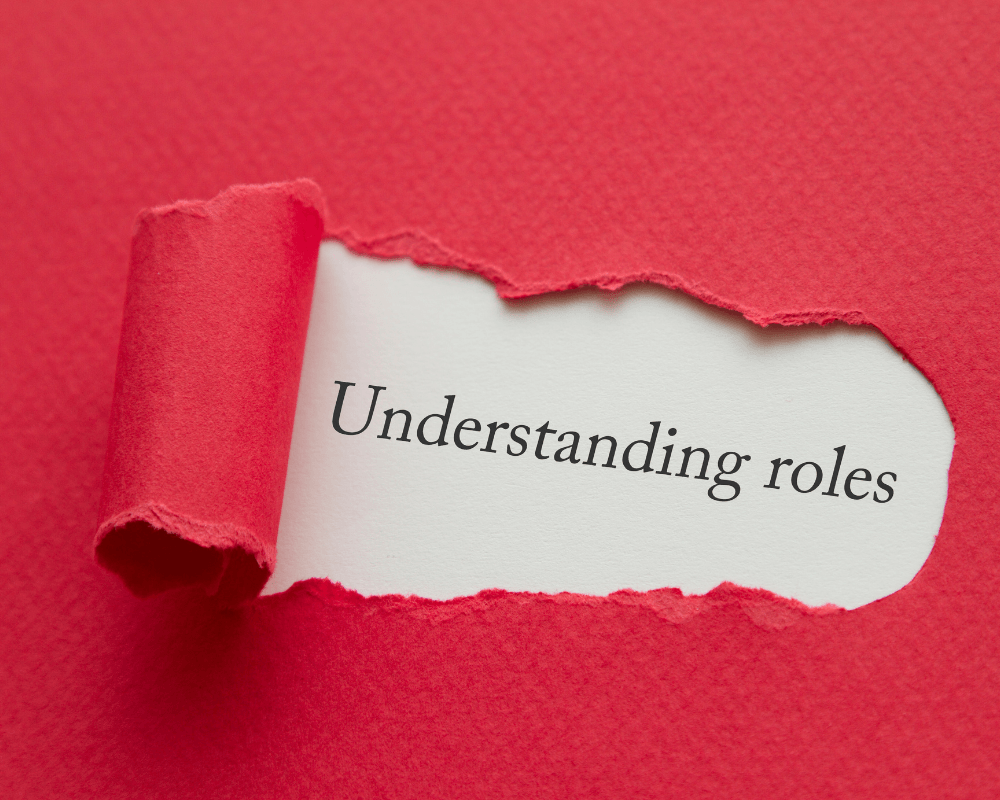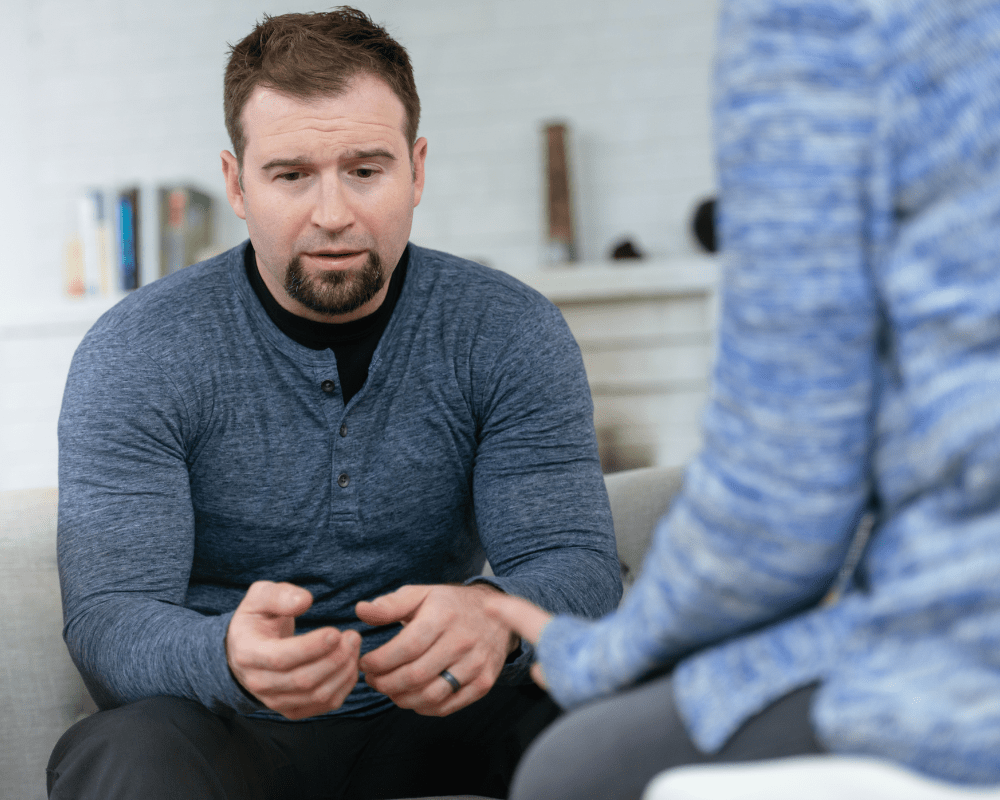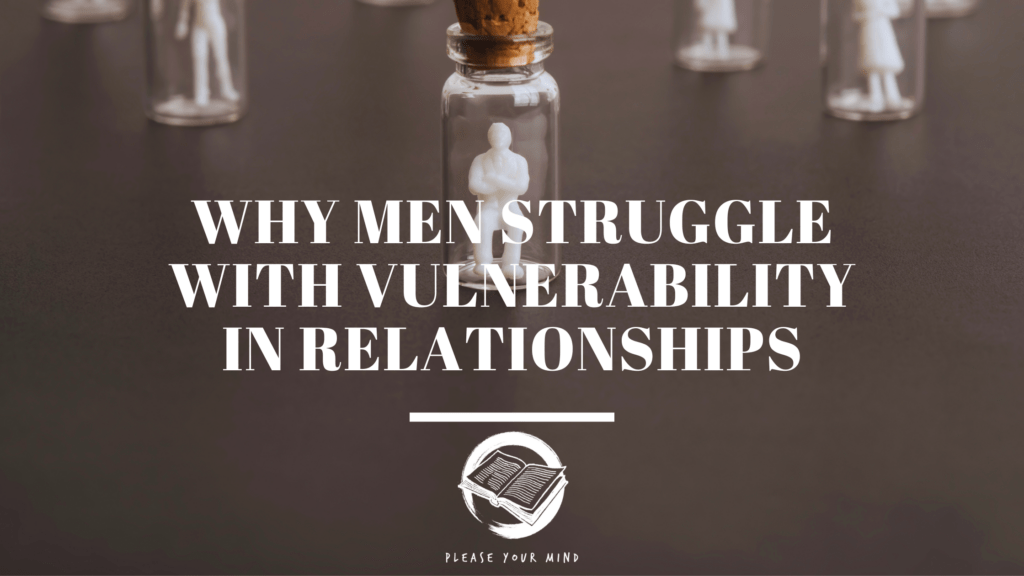In my teenage years, I had no problems showing my vulnerable side. Back in 2008-2012, a counter-movement emerged against the image of tough guys. The “Emo” was established. I wasn’t part of it but I supported the idea of sharing negative emotions. I was encouraged to show my weak side. In high school, 70% of the students were girls. So, I adapt to their lifestyle of sharing emotions. Even though I had the best requirement to deal with vulnerability, I still stumbled with it into my late 20s. Today, I will talk about the cause of why men struggle with vulnerability in relationships.
The Cause – Men struggle with vulnerability

There are various reasons for this. Education, parents, friends, and environments are some of the reasons.
Parents
When I was a toddler, I cried a lot. The reason could be anything. For example, I disliked how my food looked on the plate or I just looked for attention. Even on enjoyable events, I cried. I had no fear of showing my vulnerability. But my parents were against this. They might fear how I would be as a grown-up. So, they used a more harsh tone. Less sympathy, short temper, and overall louder voice. I was scared at first. But I got used to it. It’s funny how I hate my younger self and every other guy like this. Furthermore, complaining and any sight of vulnerability from men, I feel disgusted and I separate myself knowingly. I was raised that showing vulnerability is a sign of weakness.
Society
Vulnerability in men is an undesirable trait, especially among friends and society. For example, young boys tend to butt heads. They mock, do pranks, or do jokes on the cost of the other. In one of my posts, I explained why teenage boys are doing it. Summarized, they test each other’s mental strength. The typical guy doesn’t want to hang out with other guys who lose their minds over small things. Is this because they prepare themselves for the world? Maybe. As a man, your life has more consequences than that of a woman. Not saying that men have it harder. The difficulty of men is different than that of women. Weak men don’t get help from outside, women do. Maybe this is the reason why men are unlikely to show vulnerability. Because they don’t get help anyway.
Preparing for the role

Just like women, men had a role to fulfill. Classicly as a provider and protector. Men had to provide for their families, not only money and food but also a sense of stability, order, tranquility, and reliability. For example, when a mother was perfect in handling the family. The father was best suited for outer threats and danger. He generally fought for the best resources for himself and his spouse, too. Together they became a solid rock weaponized for both inner and outer threats.
Therefore, if a man didn’t fulfill this role, he was undesirable. And showing vulnerability didn’t help. Centuries long men were taught not to show weakness. But will it change? If yes, for a better good?
How should a man be?
In modern times, however, men are more tolerated for showing their weaknesses. It becomes more socially acceptable for men to cry and talk about their weaknesses. While this movement has a lot of supporters, it also receives criticism. There are a lot of discussions about how men should be. Critics are complaining that there are no good men anymore. While supporters trying to break the stigma of the tough men. There are many opinions about how a man should be.
In my opinion, the classic man is outdated. But I’m also not a fan of the modern man. I think an excellent reliable man is a mix of both.
- The ideal man shouldn’t fight with others but instead fight for a better life.
- He shouldn’t be controlled by or ignore his emotions but instead, learn how to deal with them.
- A man shouldn’t complain about his problems but rather try fixing them.
- He shouldn’t boss around his partner but rather include her/him as an equal partner.
- He shouldn’t be the boss but rather a reliable pillar for his kids and partner.
- A man shouldn’t be the first to eat but rather the first to tackle outer problems and threats
Should you make it easier for him?
Any man I know is hiding their vulnerability as much as possible. No one single man in the world likes to show it. Because the world punishes the weak. Just a lousy reputation diminishes their success in career and love. Even if it seems that he has no problem talking about his weakness or past, he tells you about the insignificance of his life. The only woman he opens up is his mother. In case they have a good relationship.
So, is it because he has a huge ego and can’t receive criticism? A little bit of both, I assume. A healthy and robust ego helps him to get out there and win. A blind eye to criticism prevents him from overthinking about unnecessities. Nothing is more desirable in a man than a strong mindset.
Does it make sense to help him deal with vulnerability? The answer is yes! Even though my thoughts lead to a No. If you can help him deal with his vulnerability, he will love you more. The reason is really simple. Every man wants to be accepted as they are now with all his strengths and flaws. If a woman whispers in a man’s ear: “I’m proud of you. Thank you for putting effort into our future. I respect it and I love you.” The man draws an exceptionally huge amount of new energy from these words. He will appreciate your words and put more effort into anything.
How to open him up and make him fall for you

The advice is really simple. The hardest part is to accept him how he is. I know a lot of women who like a guy for what he might be. And not for how he is now. This twist creates a tension of dissatisfaction. With that, the advice won’t help you both. Start seeing why you love him and start accepting him for his mistakes. Try to differentiate between his bad habits and red flags. What is ruining the relationship and what is just annoying?
- Differentiate between relationship-breaking things and annoying quirks
- Accept him for what he is right now
- Create a safe place without any evaluation, critique, or pity
- Don’t push him to talk and let him start talking
- Appreciate him for the simple things. For example, he takes time to talk with you after he arrives from work.
- A hug says more than a speech

